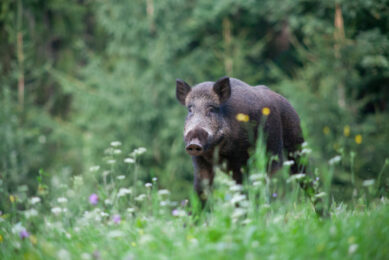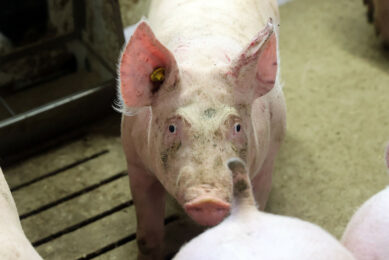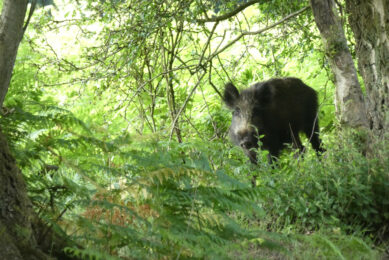Earliest farmers brought pigs into Europe

Ancient DNA harvested from pigs has allowed scientists, for the first time, to accurately determine the arrival of early farmers into Europe 11,000 years ago during the latter part of the Stone Age.
A study involving 18 international researchers including professor Alan Cooper from the University of Adelaide, reveals that pigs – first domesticated in the Middle East – were definitely brought into Europe by the earliest farmers.
Professor Cooper, who heads the University’s Australian Centre for Ancient DNA, is the senior author of a paper published this week in the Proceedings of the National Academy of Sciences USA.
Argument
The paper puts to rest a longstanding argument over whether the arrival of farming into Europe involved the actual migration of animals and plants, or whether the migrants just introduced the idea of domestic populations.
“By harvesting ancient DNA from modern and pig specimens of Middle Eastern ancestry, we can demonstrate that domestic pigs from this region were definitely introduced into Europe 11,000 years ago, reaching Paris by at least the early 4th Century BC,” Professor Cooper said.
“Domestic pigs formed a key component of the Neolithic Revolution and this detailed genetic record of their origins reveals a complex set of interactions and processes during the spread of early farmers into Europe.”
Fantastic proxies
Durham University archaeologist Dr Greger Larson said the study proved that pigs were “fantastic proxies for reconstructing the origins and movement of humans.”
Archaeological evidence suggests that early agriculture moved from the Middle East into Europe via the Mediterranean coastline and through the heart of Europe along the Danube.
All the samples used in the study came from the jaw bones or teeth of fossil pig specimens previously excavated from archaeological sites.
Many of the European pig sequences were checked for accuracy at ACAD.
Related websites:
• University of Adelaide
• Australian Centre for Ancient DNA
• Durham University
• Proceedings of the National Academy of Sciences USA











